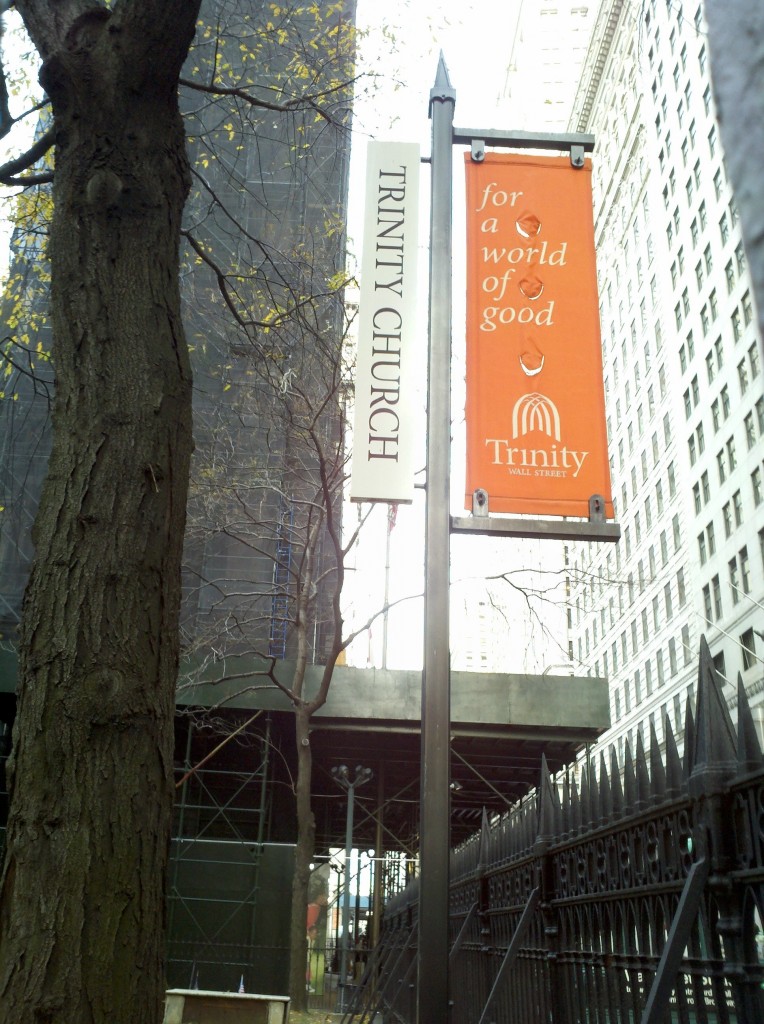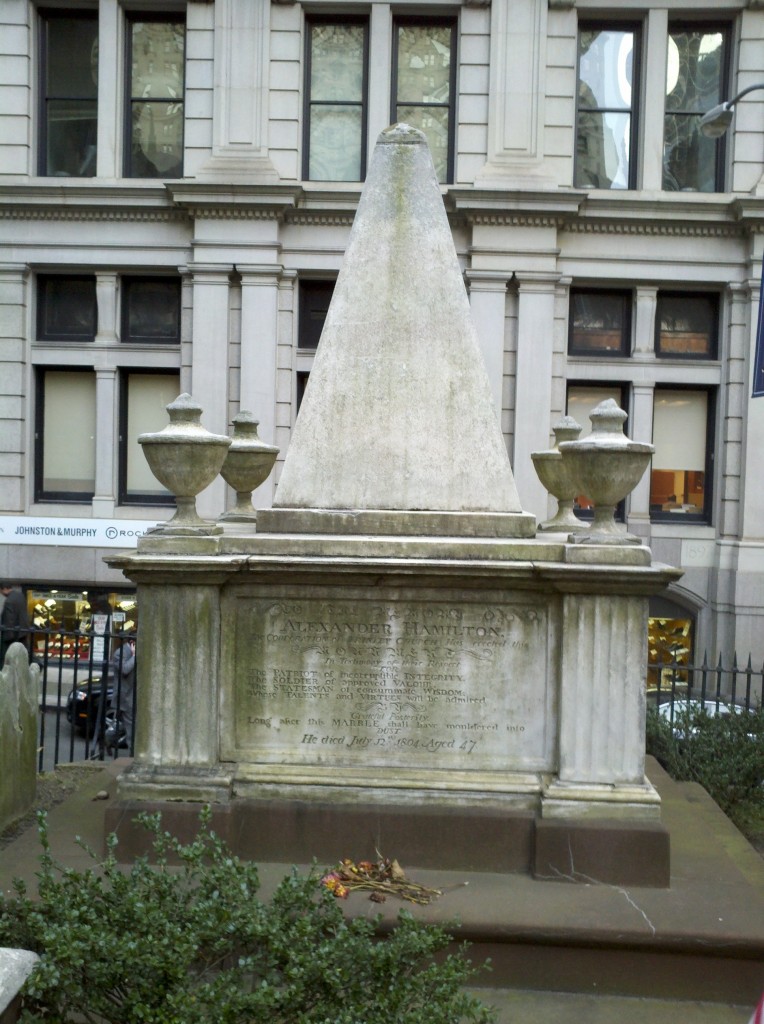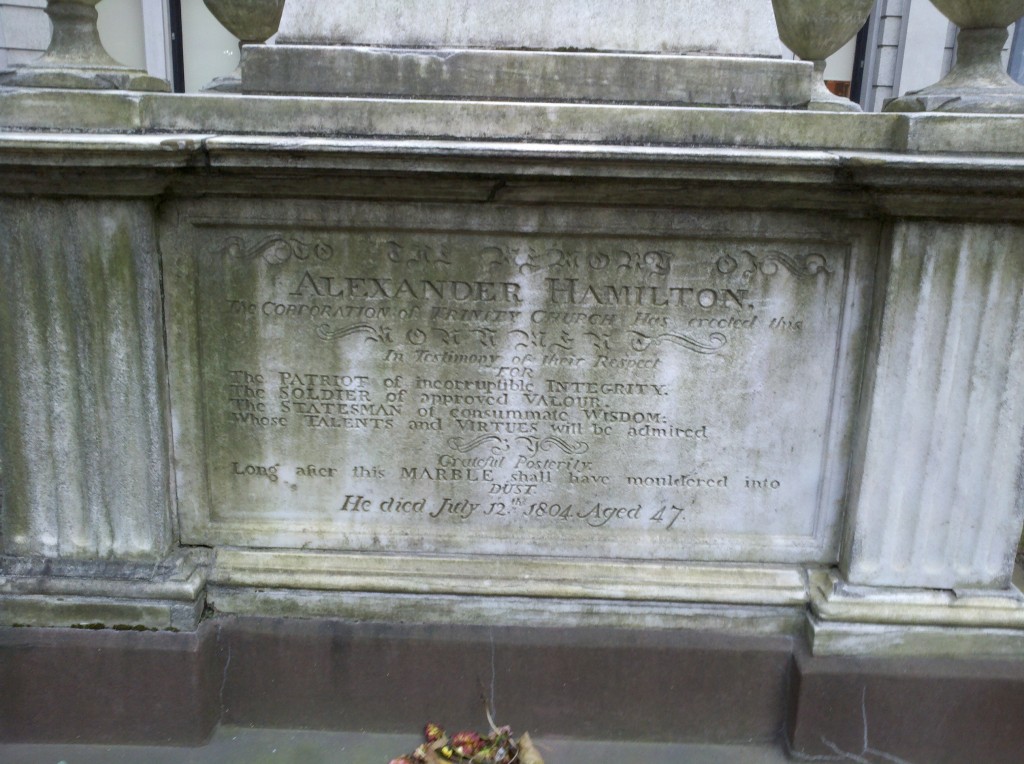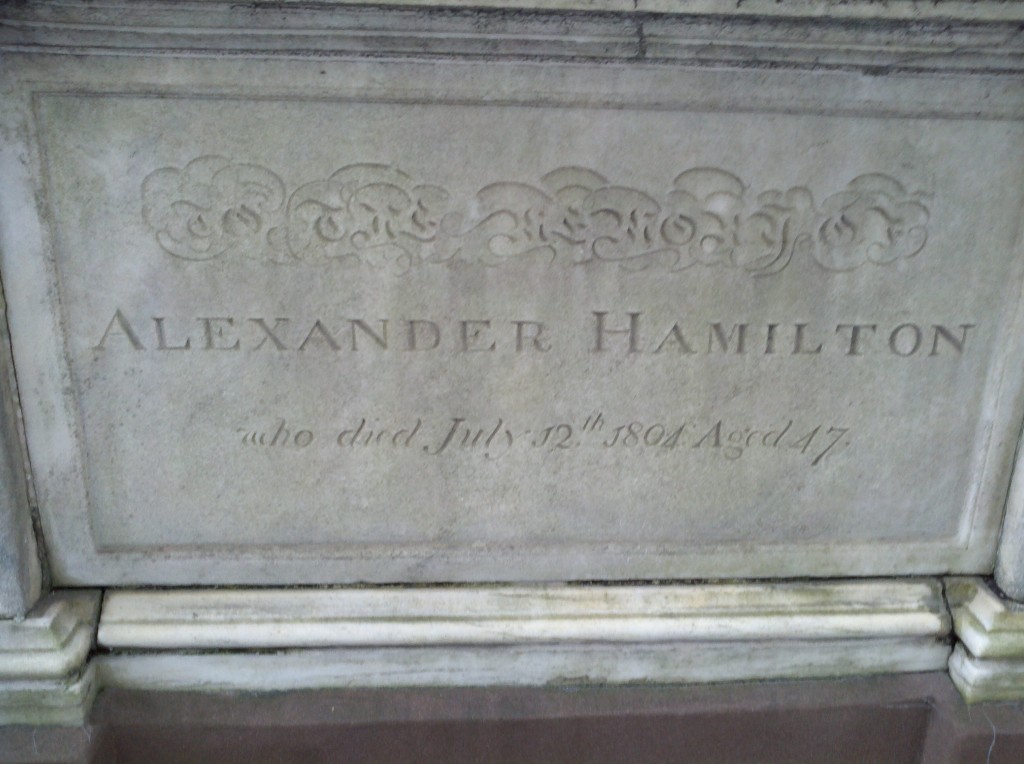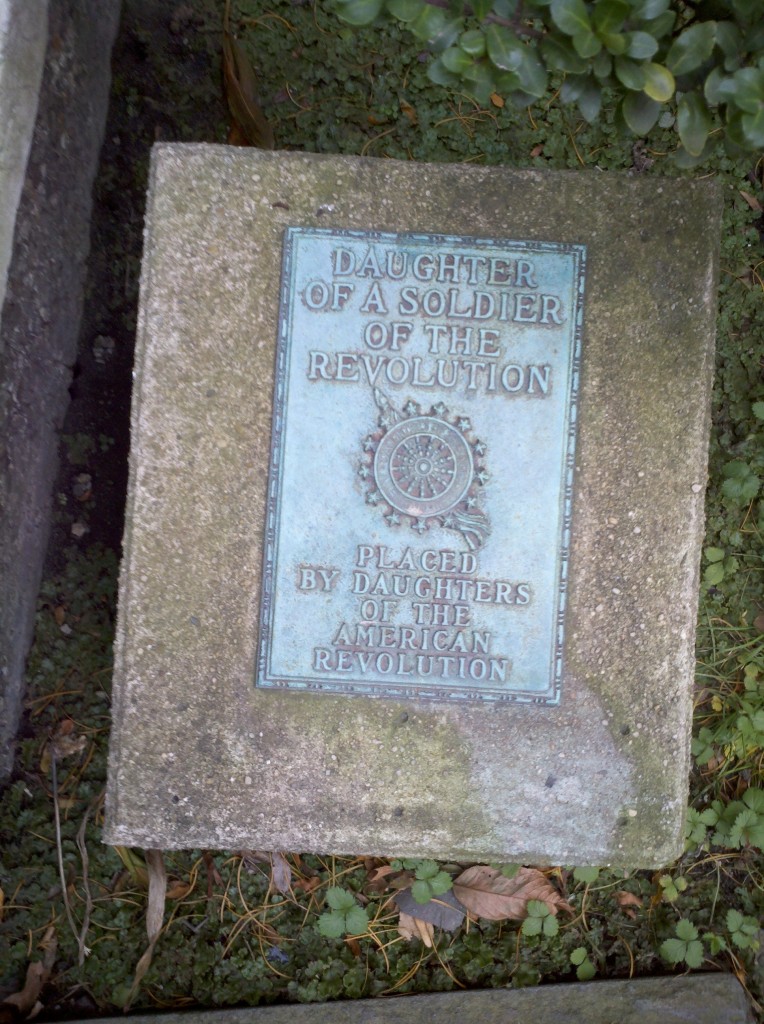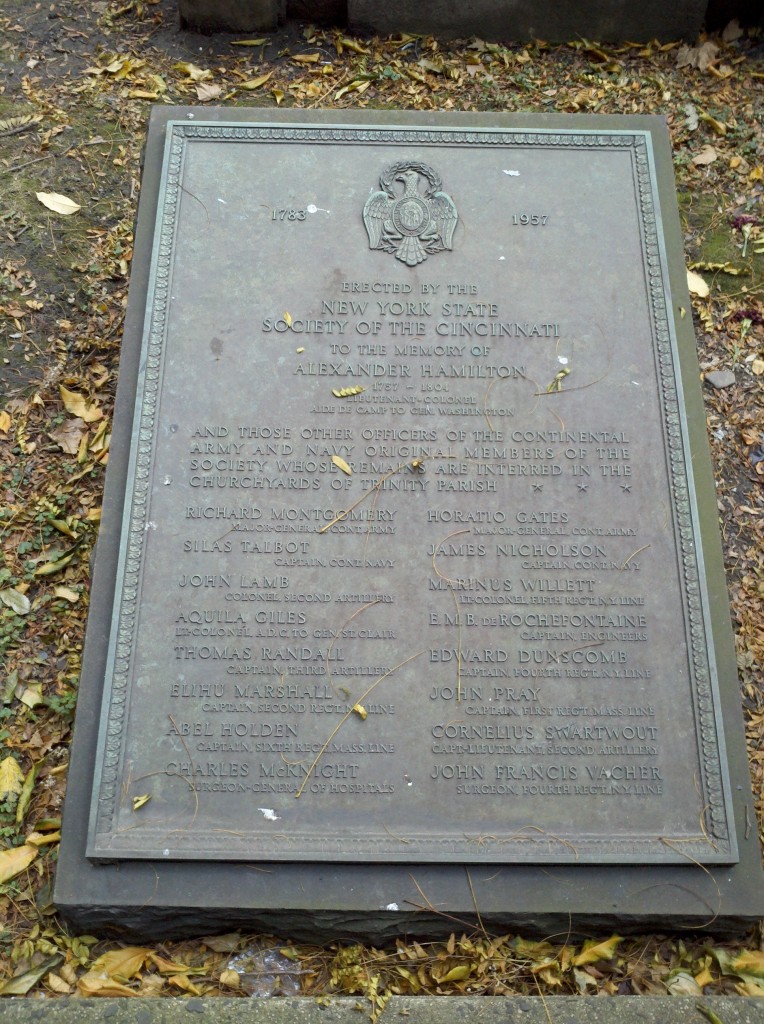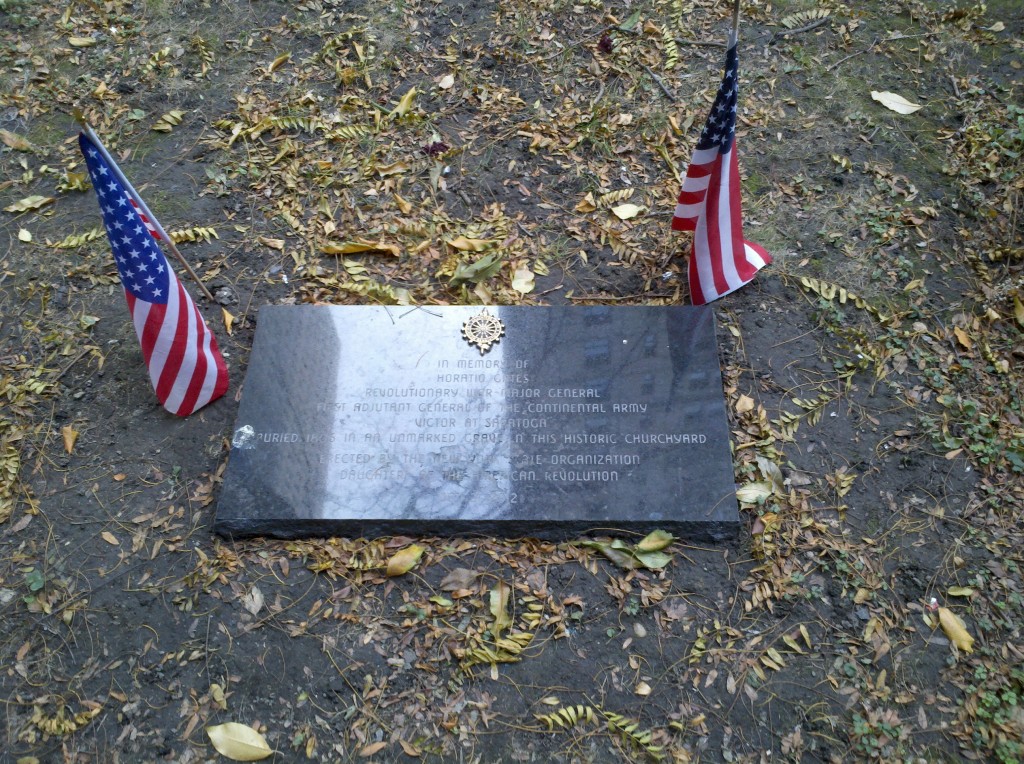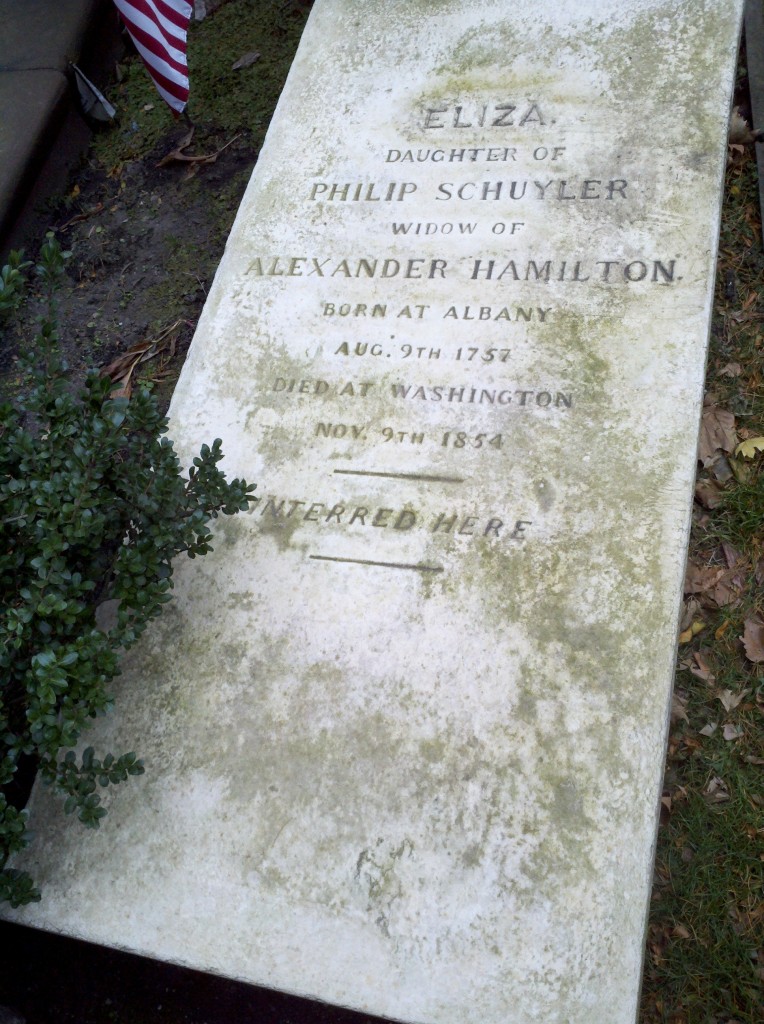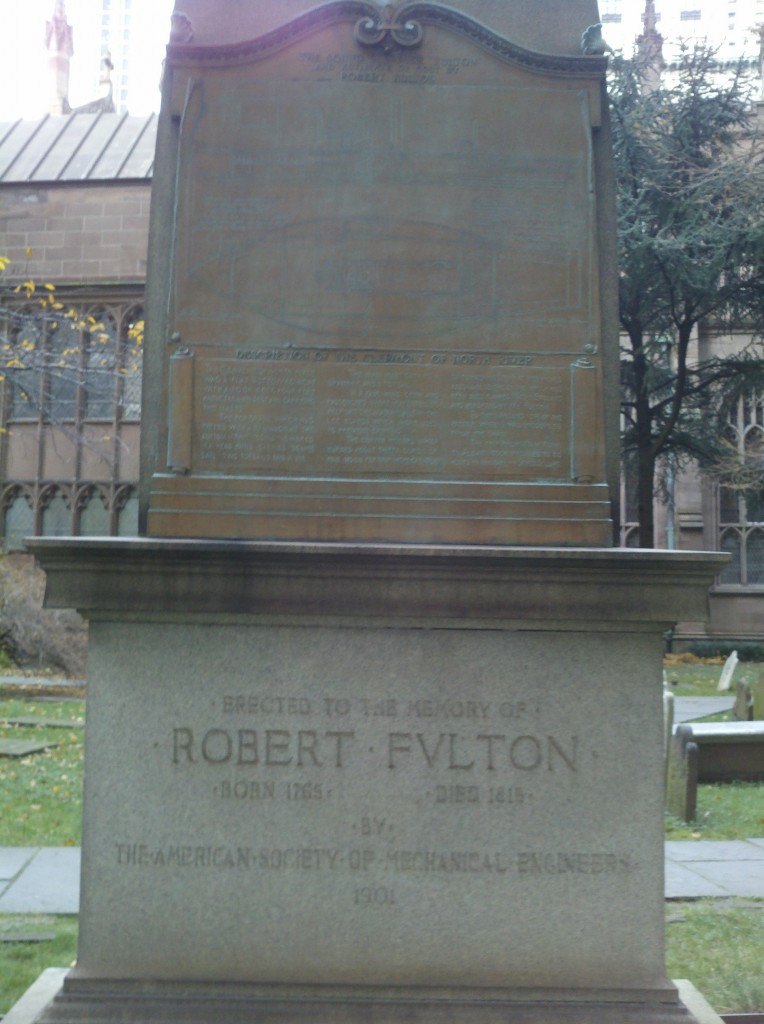Buzzfeed reports that Intrade has been sued by the Commodities Future Trading Commission for “allegedly allowing illegal trading in gold and other commodities it regulates.” Intrade, based in Ireland, has cut off access to all American customers.
From Intrade’s release:
We are sorry to announce that due to legal and regulatory pressures, Intrade can no longer allow US residents to participate in our real-money prediction markets.
Unfortunately this means that all US residents must begin the process of closing down their Intrade accounts. We strongly urge you to begin this process immediately: . . .
We understand this announcement may come as a surprise and a disappointment, and we apologize for the short notice and haste required to deal with this. We would like to sincerely thank all US customers for their custom, support and loyalty over the years.
For some time, I have wondered about InTrade’s legality. Based in Ireland, they operated in something of a jurisdictional flux.
The North American Derivatives Exchange approached the CFTC about creating a prediction market, but the CFTC prohibited it earlier this year. It looks like they are cracking down on all prediction markets.
Looks like there is now only one market for Supreme Court predictions–FantasySCOTUS.net. Though, no money is transferred anywhere on FantasySCOTUS. It is just for fun.
Asides from the CFTC, I am fairly sure that prediction markets for political events do not violate gambling and wiretap laws.
And, for what it’s worth, our predictions were far more accurate than Intrade’s.
Update: Alex Tabarrok links to the CFTC’s press release. This seems really serious.
The U.S. Commodity Futures Trading Commission (CFTC) today filed a civil complaint in federal district court in Washington, DC, charging Intrade The Prediction Market Limited (Intrade) and Trade Exchange Network Limited(TEN), Irish companies based in Dublin, Ireland, with offering commodity option contracts to U.S. customers for trading, as well as soliciting, accepting, and confirming the execution of orders from U.S. customers, all in violation of the CFTC’s ban on off-exchange options trading.
Intrade and TEN jointly operate an online “prediction market” trading website, through which customers buy or sell binary options which allow them to predict (“yes” or “no”) whether a specific future event will occur, according to the CFTC’s complaint.
Specifically, according to the complaint, from September 2007 to June 25, 2012, Intrade and TEN operated an online “prediction market” trading website, which allowed U.S. customers to trade options products prohibited by the CFTC’s ban on off-exchange options trading. Through the website, Intrade and TEN allegedly unlawfully solicited and permitted U.S. customers to buy and sell options predicting whether specific future events would occur, including whether certain U.S. economic numbers or the prices of gold and currencies would reach a certain level by a certain future date, and whether specific acts of war would occur by a certain future date. [JB: and the outcome of Supreme Court cases]
…David Meister, the Director of the CFTC’s Division of Enforcement, stated: “It is against the law to solicit U.S. persons to buy and sell commodity options, even if they are called ‘prediction’ contracts, unless they are listed for trading and traded on a CFTC-registered exchange or unless legally exempt. The requirement for on-exchange trading is important for a number of reasons, including that it enables the CFTC to police market activity and protect market integrity. Today’s action should make it clear that we will intervene in the ‘prediction’ markets, wherever they may be based, when their U.S. activities violate the Commodity Exchange Act or the CFTC’s regulations.”
In its continuing litigation the CFTC seeks civil monetary penalties, disgorgement of ill-gotten gains, and permanent injunctions against further violations of federal commodities law, as charged, among other relief.
The CFTC acknowledges the Central Bank of Ireland for its assistance in the CFTC’s investigation of Intrade and TEN.
Update: John Stossel weighs in:
Why did the American government sue Intrade? It was not for operating an online gambling operation, but for allegedly violating America’s incomprehensible financial regulations — specifically, these ones:
“Section 4c(b) and 9(a)(3) of the [Commodity Exchange] Act, §§6c(b) and 13(a)(3) (2006); Section 2(e) of the Act, as amended by the Dodd-Frank Act, to be codified at 7 U.S.C. § 2(e); and Regulation 32, as amended, to be codified at 17 C.F.R. § 32 (2011);”
In English: the government says that many of the things Intrade allows people to predict – everything from what the price of gold will be in the future to whether the U.S. will go to war soon – are legally considered “commodity options,” and that Intrade broke the law because it isn’t licensed to trade those. The penalty is $140,000 per violation.
In a press release, the CFTC’s chief enforcer went out of his way to target “prediction markets”:
“It is against the law to solicit U.S. persons to buy and sell commodity options, even if they are called ‘prediction’ contracts, unless they are… traded on a CFTC-registered exchange… Today’s action should make it clear that we will intervene in the ‘prediction’ markets, wherever they may be based.”
Why doesn’t Intrade just obey the complicated law and become a licensed exchange? They tried, but the CFTC won’t give them a license. When an established, licensed U.S. commodity exchange applied for permission to do what Intrade does, the CFTC turned them down, too.
The pompous CFTC enforcer claims that the regulation “is important for a number of reasons, including that it enables the CFTC to police market activity.”
Please. These regulations don’t help police market activity. When people make money on Intrade, Intrade sends them the money. There are no allegations of fraud. Customers are happy with Intrade, judging by increased activity on the site (over $50 million was bet about whether Obama or Romney would win.)
The market polices itself.
Update: Brian Caplan wants a 1st Amendment challenge for prediction markets.
[tweet https://twitter.com/bryan_caplan/status/273264205501718529]
More from Caplan here:
The CFTC’s real complaint is that consumers eagerly bet on Intrade because the company exemplifies market integrity: “I trust Intrade with my money because of their reputation, not government regulation.” Reputation: That’s the same mechanism, of course, that underlies eBay, Amazon Marketplace, and the whole cornucopia of internet commerce that the mainstream information economist of 1990 would have dismissed as free-market Fantasy Island.
If the CFTC really wants to protect market integrity, it should start by publicly admitting that if the CFTC ever served a useful function, that time has long since passed. Americans send money to Intrade because Intrade delivers the goods (and produces the positive externality of accurate forecasts in the process!).
In the information age, firms’ reputations are just a click away. That’s all the protection any consumer needs. The only people the CFTC is “protecting” are their own obsolete employees.
This is something I have in mind for the future. Unsurprisingly, Larry Ribstein wrote about this 18 months ago.
